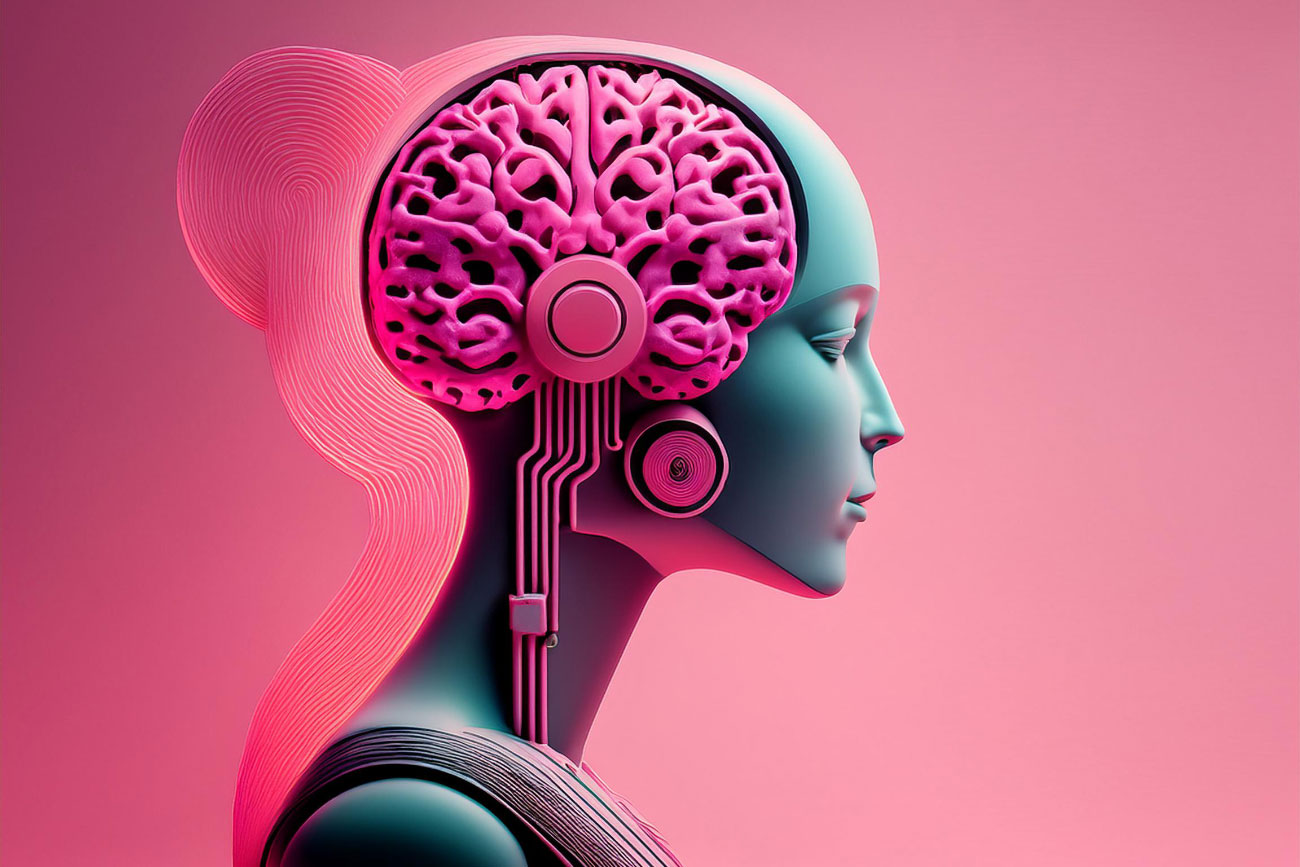OpenAI Launches SearchGPT: A New Era in AI-Powered Search Engines
In a groundbreaking move, OpenAI has announced the launch of its latest innovation, SearchGPT, an AI-powered search engine designed to rival industry giants like Google. This new tool aims to transform how users interact with search engines by providing more insightful and organised responses rather than the traditional list of links.
What is SearchGPT?
SearchGPT is an advanced search engine that leverages the power of OpenAI’s GPT-4 models to deliver comprehensive answers to user queries. Unlike typical search engines, which return a list of web pages, SearchGPT provides a summarised response, aiming to make information retrieval faster and more efficient. The service is initially launched as a prototype, accessible to 10,000 test users, as OpenAI fine-tunes its capabilities.
Kayla Wood, a spokesperson for OpenAI, explained to The Verge that “SearchGPT tries to organise and make sense of the information found online, presenting it in a coherent summary.” The search engine offers summarised findings on topics like music festivals, complete with short descriptions and attribution links for further exploration.
How Does SearchGPT Differ from Traditional Search Engines?
While companies like Google have integrated AI to offer direct answers at the top of search results, SearchGPT takes this a step further by synthesising information from multiple sources and presenting it in a coherent summary. This approach saves time and provides a more curated search experience.
For instance, when searching for information about music festivals, SearchGPT summarises key details about each event and includes attribution links for further exploration. Similarly, for gardening tips like when to plant tomatoes, it offers a breakdown of different varieties along with planting guidelines.
Addressing AI’s Challenges: The Hallucination Problem
Despite its innovative approach, SearchGPT is not without challenges. One significant issue in AI is the “hallucination” problem, where AI models generate incorrect or nonsensical information. Both OpenAI and Google face this challenge, and OpenAI is keenly aware of the need to improve accuracy and reliability.
According to The Guardian, OpenAI is addressing this by ensuring that all summarised responses come with proper attribution links, allowing users to verify the information’s source and accuracy. This transparency is crucial in maintaining trust and credibility in AI-generated content.
Benefits for Businesses and Consumers
For businesses, SearchGPT represents a transformative opportunity to enhance their online presence. By highlighting relevant content more effectively, businesses can expect increased engagement and traffic, especially those producing high-quality, authoritative material. The ability to deliver more targeted and personalised content based on user queries means businesses can tailor their marketing strategies more precisely, creating richer consumer experiences.
Consumers, on the other hand, will find SearchGPT’s summarised approach particularly appealing for its efficiency. The ability to access organised information quickly, without sifting through numerous links, enhances the user experience. Moreover, the inclusion of attribution links provides an added layer of reliability, allowing users to verify the source and accuracy of the information easily.
The seamless user experience is further enhanced by the capability to ask follow-up questions and explore related topics through features like visual answers. This interactivity makes SearchGPT not only a tool for quick answers but also a platform for deeper exploration and understanding.
The Future of Search: From Prototype to Integration
As OpenAI continues to refine SearchGPT, the company plans to integrate these advanced search capabilities directly into ChatGPT, enhancing its utility as a comprehensive AI assistant. This integration could significantly disrupt the search landscape, challenging Google’s dominance and pushing other players, like the startup Perplexity, to innovate.
The launch of SearchGPT marks OpenAI’s ambitious entry into the search market, signalling a shift towards AI-driven information retrieval. As the prototype rolls out to select users, the feedback and insights gained will shape the future development of this promising technology.
A New Era of AI Search
OpenAI’s foray into the search engine arena with SearchGPT underscores the growing importance of AI in reshaping how we access and process information. As this technology evolves, it promises to offer users more accurate, efficient, and user-friendly search experiences. While challenges remain, the potential of AI-powered search engines to revolutionise our digital landscape is undeniable.
As we await broader access to SearchGPT, its debut as a prototype is a reminder of the rapid advancements in AI technology and its potential to redefine our interaction with the digital world. Stay tuned as OpenAI continues to refine and expand this innovative tool, setting the stage for a new era in search technology.






